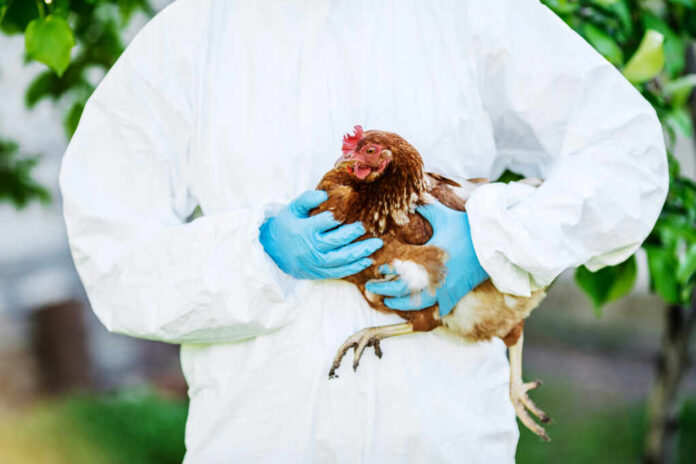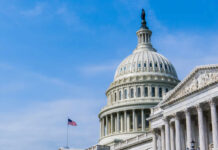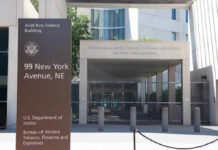
Several geese in New York City have tested positive for the H5N1 virus — bird flu.
The alarming report originated from Philip Meade, a postdoctoral fellow at the Icahn School of Medicine and has been confirmed by the Centers for Disease Control and Prevention (CDC).
According to One America News, “several geese, a peregrine falcon, a red-tailed hawk and a chicken in Marcus Garvey Park” have tested positive for the H5N1 virus.
Meade minimized the health risk to humans, saying, “You’re not gonna walk past a sick goose and get the bird flu. It won’t work like that.”
The researcher added: “Precautions that everybody should be taking would be just to limit contact with wildlife … You shouldn’t be running up to a Canada goose and trying to catch it.”
The CDC concurred with Meade’s health risk analysis, stating there is “currently no evidence of bird flu spreading among humans.”
The CDC reported that only two humans have contracted the disease since 2022. Neither case resulted in serious health issues, and both individuals had prolonged direct contact with animals. One of the individuals testing positive for H5N1 was a Colorado poultry worker, and the other was a farmer in Texas.
PIX 11 reported the identification of bird flu prompted a study at the Icahn School of Medicine at Mount Sinai’s Institutional Animal Care. Representatives from the study group released the following statement:
“A very small number of birds were found positive. The presence of the virus poses a low but non-zero risk for humans and pets, more awareness about the presence of this virus in the urban animal-human interface is needed.”
A report in the Democrat and Chronicle, a local paper based in Rochester, painted a slightly different picture. Their report noted more than 25,000 birds in New York have been infected with the virus since 2022.
The report added that cases had not been restricted to New York City; infected birds have been identified in Jefferson, Herkimer, Monroe, and Onondaga counties. Authorities reported finding more than 30 birds with the H5N1 virus in Monroe and Onondaga counties in February.
The CDC advises avoiding “unprotected exposure to sick or dead animals, including wild birds, poultry and other domesticated birds.”
The CDC advisory also encouraged humans to avoid “unprotected exposures to animal poop, raw milk, or materials that have been touched by, or close to, birds or other animals with suspected or confirmed H5N1 bird flu.”
Bird flu has been detected in some birds found in New York City parks and green spaces.
Health officials are growing more concerned about the disease and warn New Yorkers to keep their distance from wildlife.https://t.co/tGUagQrSBS
— SARS‑CoV‑2 (COVID-19) (@COVID19_disease) April 11, 2024
Those finding dead birds are encouraged to avoid contact and phone the Department of Environmental Conservation at (518) 478-2203 or (718) 482-4922.
Those finding ten or more dead birds in one location are advised to call 3-1-1 immediately.















